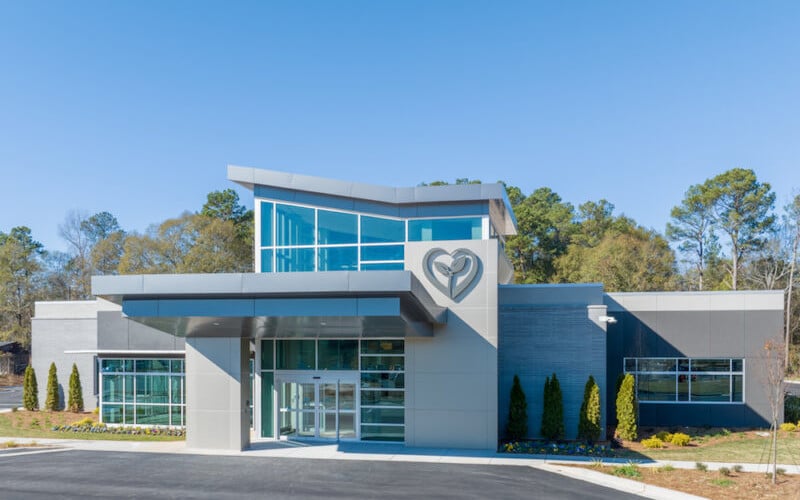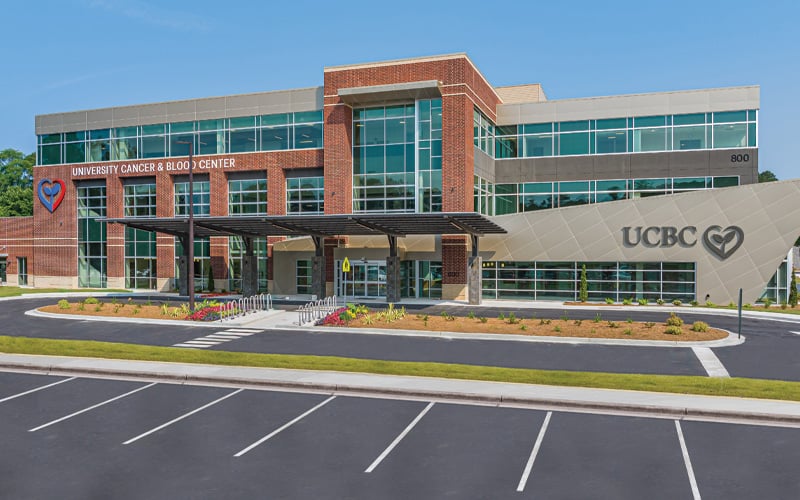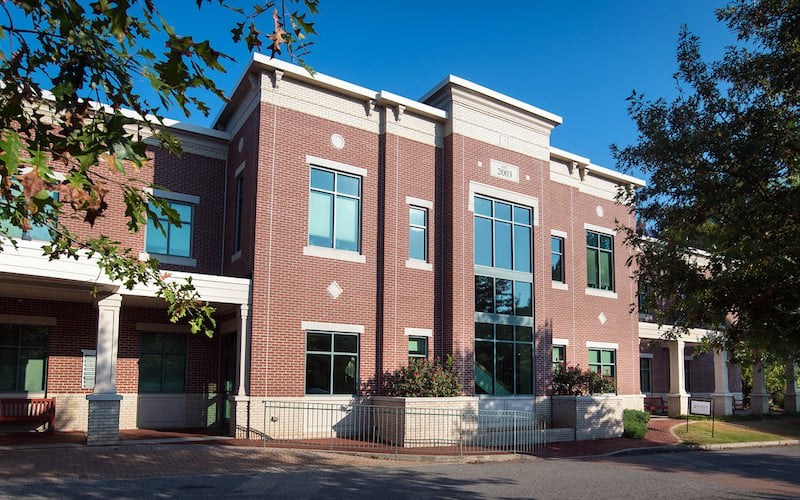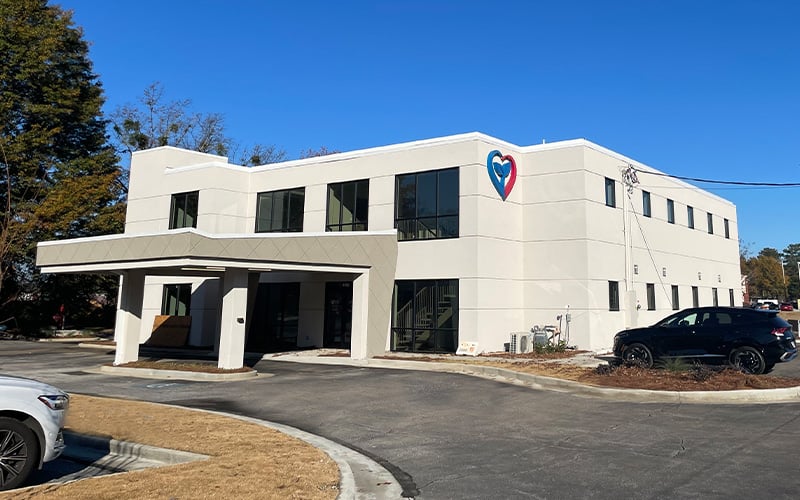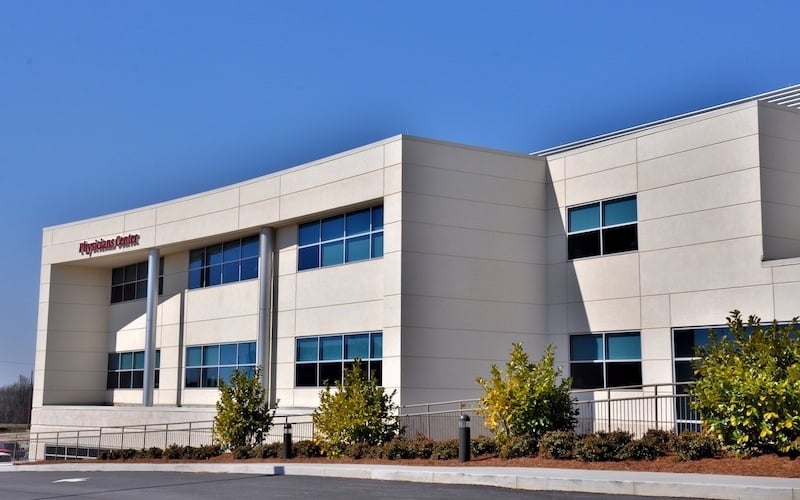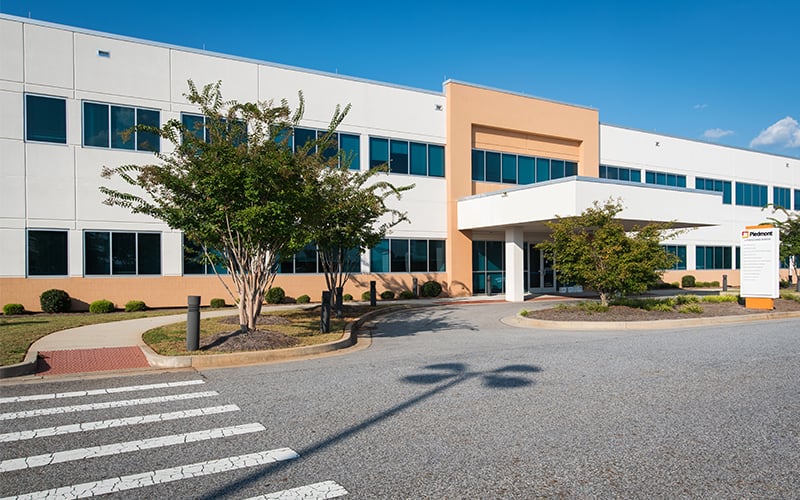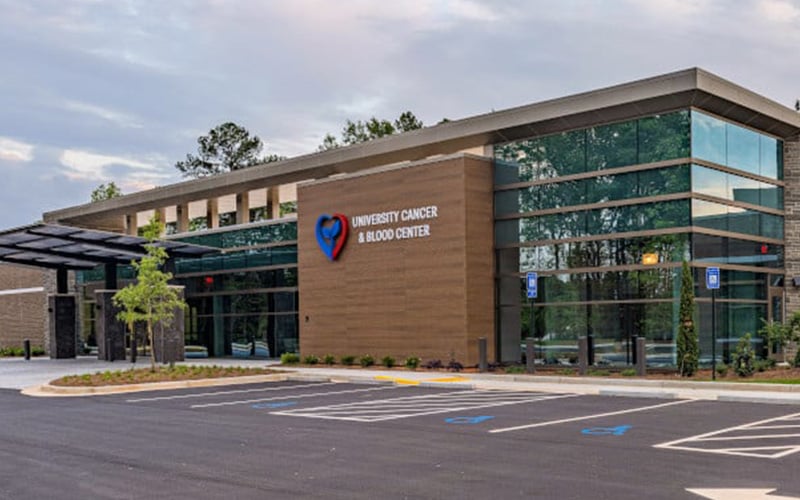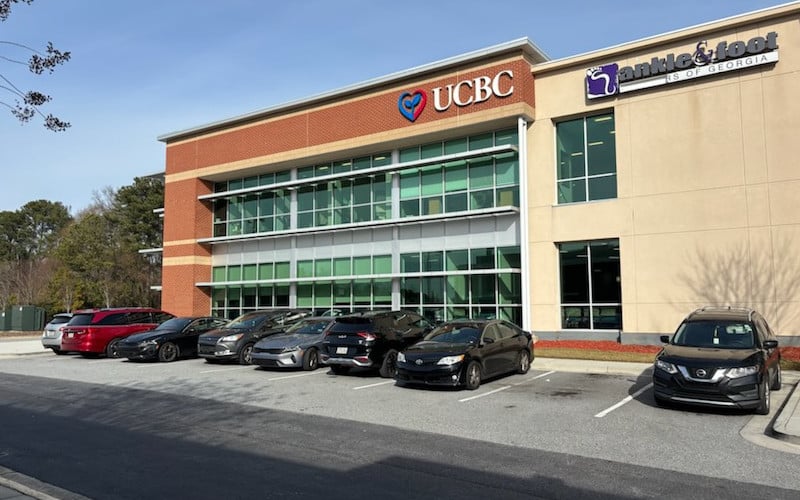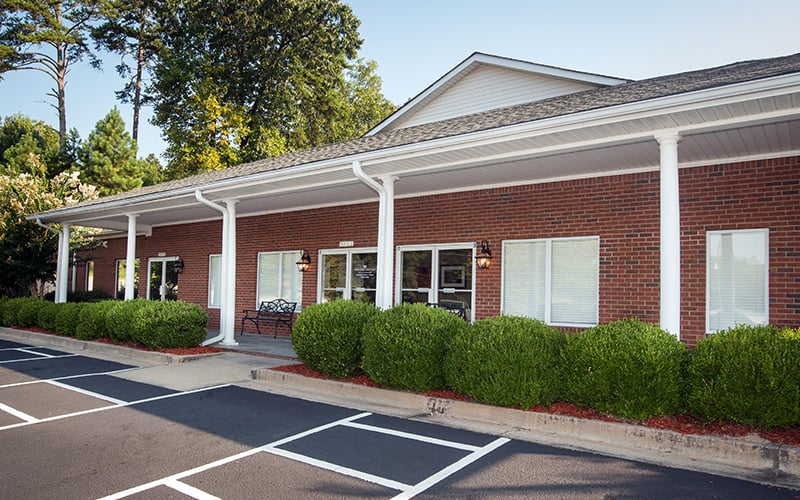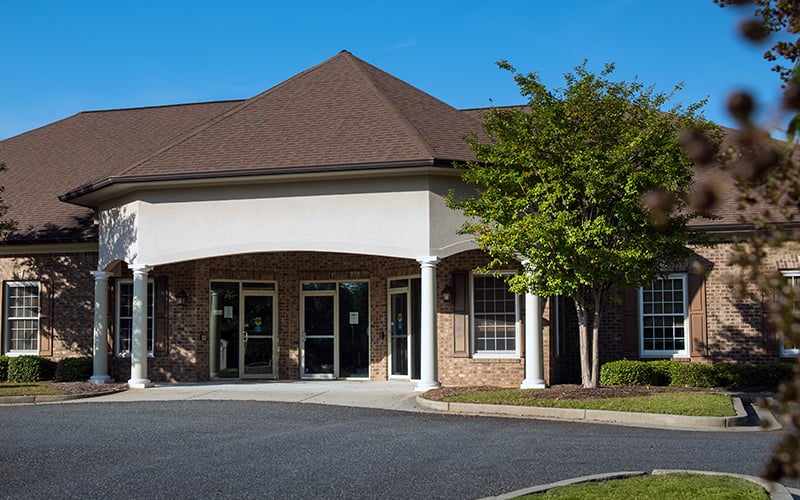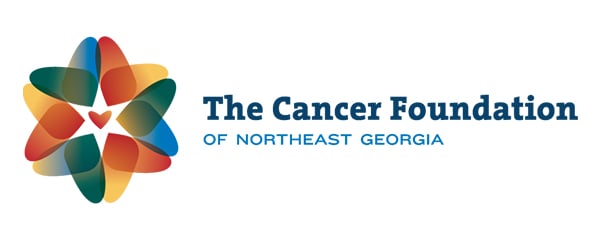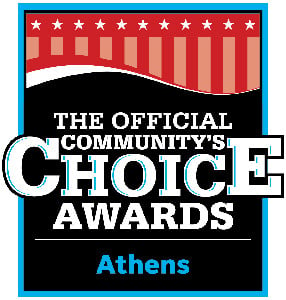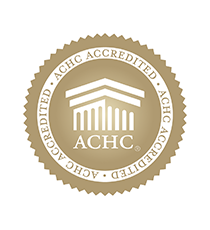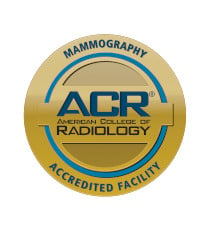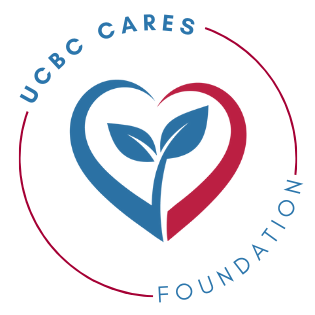Resilience and action.
Those two words are just a few that mean something to Pamela Allen, 63, of Elberton, Georgia. A survivor of colorectal cancer, Allen isn’t content simply basking in clean scans and enjoying a healthy life. Instead, she uses her experience to build colorectal cancer awareness, everywhere from her own backyard to Washington, D.C.
“Whatever I can do to help raise awareness, to get the word out to save lives, that’s what I’m trying to do,” Allens says. “I realized that if it had not been for God, and had it not been for good doctors, especially the great team at University Cancer & Blood Center, I don’t think I would be here today.”
In 2012 at age 50, Allen’s health insurance provider required she have a precautionary colonoscopy. Not only had she never heard of the procedure, she was completely unaware of the disease of colorectal cancer.
The findings of the colonoscopy concerned her physician, and the polyp biopsy that followed revealed a diagnosis of stage 3 colorectal cancer.
Allen says the results were shocking, because she hadn’t noticed anything that seemed abnormal to her. Once she began learning about the disease online and how it presents itself, she realized some symptoms had in fact materialized. This was Allen’s first glimpse at the importance of colorectal cancer awareness.
Yet diving into the internet also stoked her fears. “I was reading about life expectancies, and all of these things that were going to happen,” she says. “I was thinking I was going to lose my hair, I was going to lose weight, I was going to have all of this discomfort, and I was just terrified.”
She shared those fears with the now-retired Dr. Neal Marrano of University Cancer & Blood Center, who oversaw Allen’s treatment plan. Although she would face 12 rounds of chemotherapy, Allen says Dr. Murano provided just the support she needed.
“After some initial testing and looking over my reports, he said, ‘Ms. Allen, you’ll be fine. And I’m going to be with you throughout this journey’,” she recalls. “That instantly calmed me, and I felt so much better.”
Dr. Murano’s assessment proved correct. Tests eventually showed her medical team that Allen’s disease had gone into remission. Her work, however, wasn’t done.
“When I was diagnosed, the first thing I did was I asked God, ‘Why me?’,” she recalls. The answer she says she received in her heart was, “Why not you?” At that point, Allen realized she had a mission.
She says she recognized her previous lack of knowledge about colorectal cancer wasn’t unique, and with a bit of research she learned cancer had occurred throughout her family tree, more frequently than she had known. So Allen began organizing annual colorectal cancer survivor luncheons in the basement of New Era Baptist Church in Elberton to help boost awareness among her community.
Held each March to coincide with Colorectal Cancer Awareness Month, Allen dubbed it the Blue Banquet, a nod to the official color of colorectal cancer awareness, which symbolizes strength. The event has become an inspirational gathering where the public, including patients and their families, can learn about and discuss all aspects of the disease, empowering themselves with knowledge.
What began with approximately 30 attendees has now more than quadrupled in size, requiring Allen to change event venues multiple times. Today, it’s held at the Elberton Civic Center.
University Cancer & Blood Center providers often appear at the Blue Banquet, sharing information and insight with attendees, touching on topics ranging from colonoscopies to genetics. Allen and her group of event volunteers organize a special pin ceremony, where they present blue ribbons to colorectal cancer survivors and blue stars to caregivers. The latter includes family members and friends who have provided steadfast support to loved ones facing colorectal cancer.
The event raises funds for local colorectal cancer patient support, which includes assistance with transportation to medical appointments, acquiring medicine and items not covered by insurance, and more. Allen and her team also use the funds to create patient care packages with contents such as socks, lotions, soaps, and other things to help ease the burden of someone’s colorectal cancer experience.
Thanks to Allen, the color blue dominates Elberton each March. Blue-tinged signs hang throughout the city, proclaiming colorectal cancer awareness. On the first Friday in March, Allen makes sure locals remember it’s National Dress in Blue Day. Blue bows adorn doors all over town. In March 2025, countless blue flags were planted in Elberton’s public square representing the more than 27,000 people under the age of 50 that a study estimates will be diagnosed with colorectal cancer in 2030.
Allen’s mission keeps going year round, including her monthly Elbert County Colorectal Cancer Support Group, which takes place at the Elberton Public Library. The doors are open to patients, their family members, and caregivers who experience all types of cancer.
Her efforts, however, aren’t confined to Elberton. As an ambassador for the national nonprofit Fight Colorectal Cancer, she recently shared her story before Congress, urging lawmakers to protect critical cancer research funding, emphasizing the potential lives at stake.
These types of conversations, she says, are crucial. In her opinion, the lack of colorectal awareness stems from various factors, including the lack of transparency among families with a history of the disease and public skepticism of medical professionals.
“For so long, we as African-Americans have often had a lack of trust in doctors, because of experiences from the past,” she says. “But I tell people they need to take control of their lives by talking to their doctors about the problems they’re having, getting screened, and sharing their medical history among their families. Keeping secrets can kill.”
Today, Allen remains proactive regarding her own colorectal health. After Dr. Murano retired, she continued visiting University Cancer & Blood Center and became a patient of Dr. Jeffrey Thomas, who she refers to as “the best.” He and members of the staff are easily accessible at all times, she says. And they’re happy to report that 13 years after her initial diagnosis, Allen is currently cancer free with no evidence of the disease.
“University Cancer & Blood Center continues to be a Godsend,” she says. “It truly is a place of hope, and they saved my life.”
